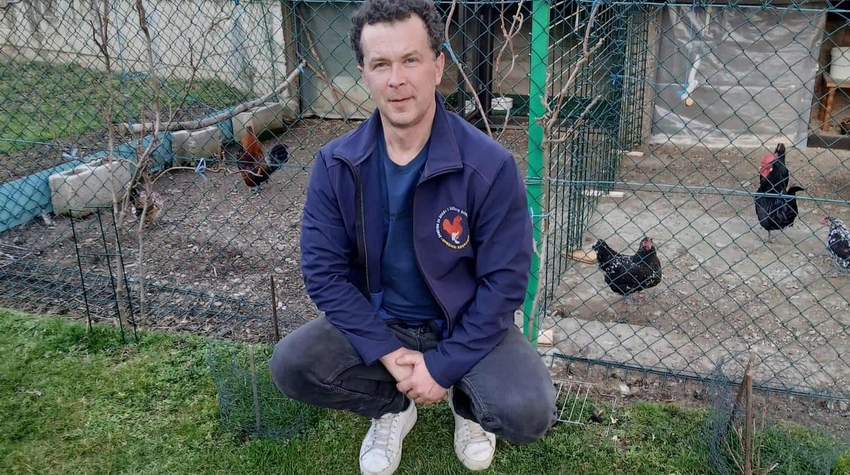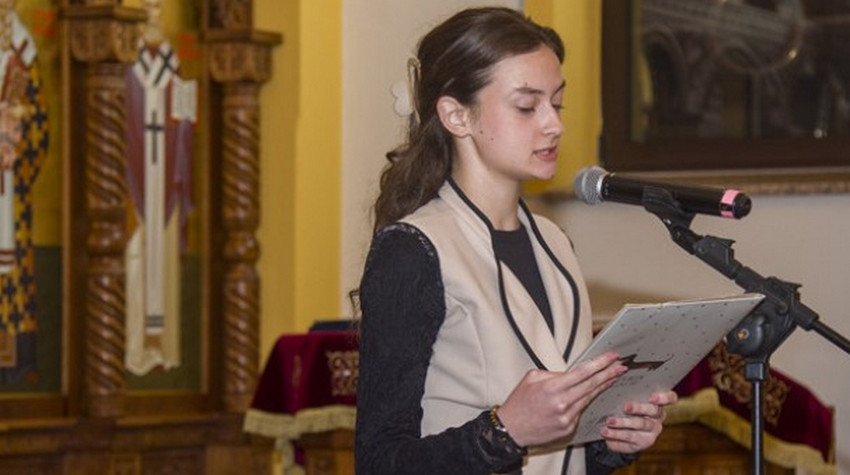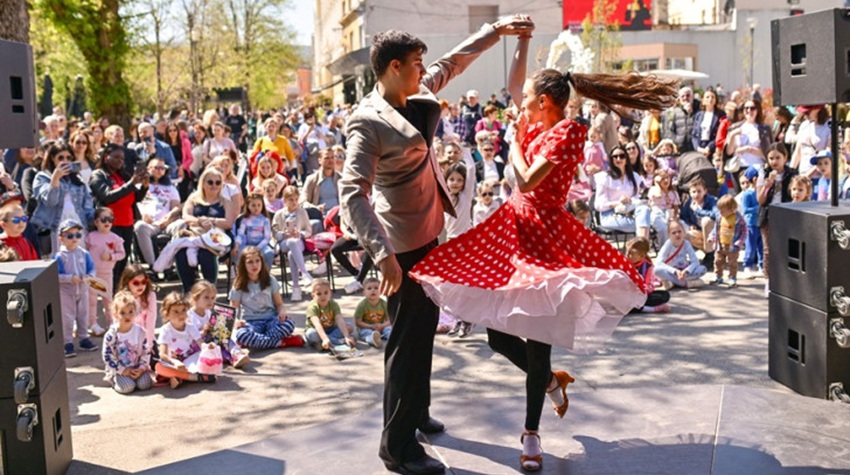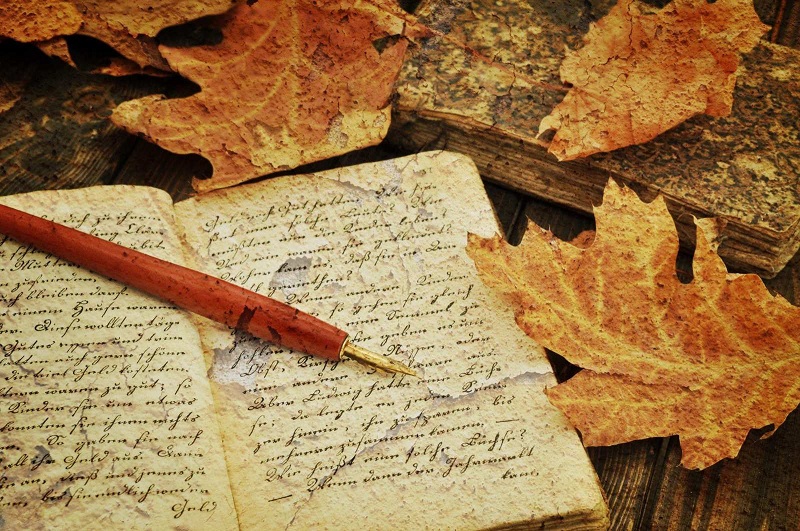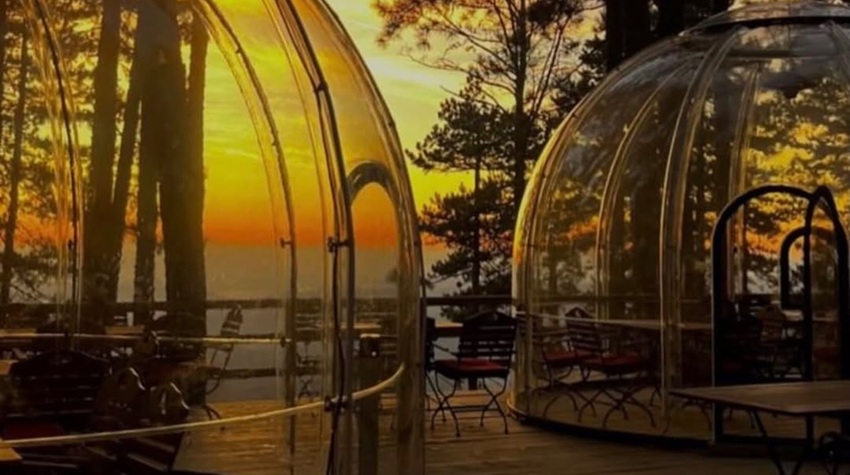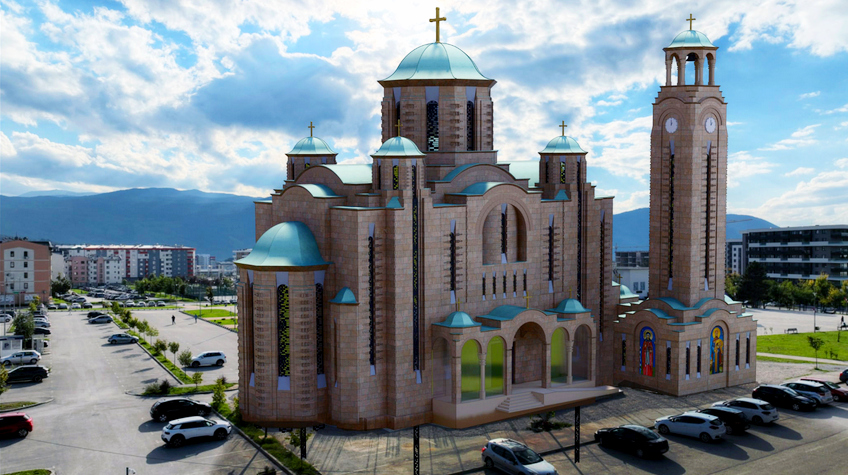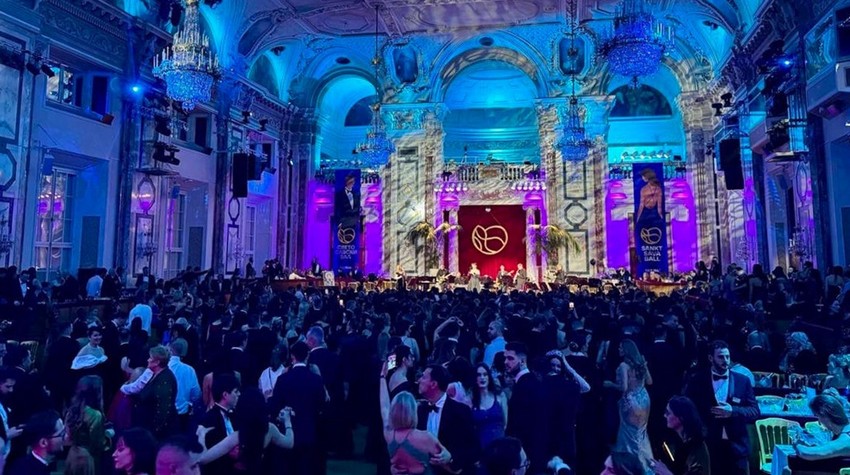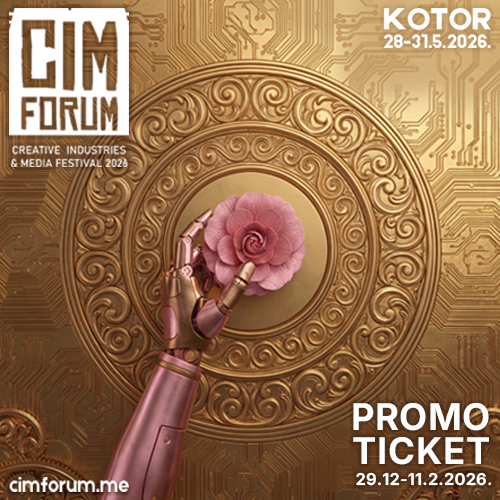DWARF “DŽUDŽA” HEN FROM DOBOJ NEARS EUROPEAN RECOGNITION
The dwarf “džudža” hen from Doboj is on track to receive official status as an autochthonous breed from the Standards Commission of the European Association for the Breeding and Protection of Small Animals in 2027, according to Adis Ajanović, secretary of the Doboj Society for the Breeding and Protection of Small Animals “Dobojski Odgajivač.”
Ajanović says he hopes that the long-awaited European recognition will be confirmed at the major exhibition scheduled for 2027 in Poland, which he believes would mark a major milestone for Doboj and its dedicated breeders.
He expects the path toward recognition to include not only domestic administrative challenges but also potential objections from the Croatian association, which has already expressed interest in securing the same recognition for its own hen, a breed similar in characteristics to the džudža.
The džudža hen received national recognition last year, when the Standards Commission of the BiH Small Animal Breeders’ Association confirmed its status as an autochthonous breed. Only one other such status exists in BiH—awarded to a breed held by a breeder from Tešanj—while the Potkozarska dwarf hen from Prijedor is currently undergoing the recognition process.
“The road to recognition took nearly 13 years, and to establish the appropriate standard, we even used a 1910 book written by Alfons Hribar,” Ajanović explained, who also serves as secretary of the Poultry Board of the BiH Small Animal Breeders’ Association.
As a European master breeder and world champion, Ajanović emphasized that well-kept džudža hens are a true ornament to any courtyard.
He is pleased to see that the Doboj association is attracting younger members and becoming more present at public events in the city, including the International Handball TV Champions Tournament. He also announced a new exhibition, scheduled to open on December 6 at the House of Culture in Miljkovac.
The goal, he noted, is to spark interest among young people and pass on essential knowledge. He recalled situations where children would point at a pigeon and ask which animal it was, sometimes even afraid to come closer.
“Children rarely get the chance to see animals up close, and that’s something we have to make possible,” said Ajanović, adding proudly that he noticed a love for the hobby very early in his own sons.
Raising a healthy bird requires time, knowledge and genuine affection. Ajanović shared that he developed his own love for pigeons and ornamental poultry at a young age. The Doboj society—founded in 1981 as the third association of its kind in the former Yugoslavia—played a major role in that journey.
While owning an aquarium with goldfish was the trend at the time, Ajanović was thrilled to win a fan-tailed pigeon at a raffle, and later managed to obtain a Dutch Padovana through sheer childhood persistence.
He received his first federation ring—known as the alker—as a member of “Dobojski Odgajivač,” marking the start of years filled with both progress and setbacks, ultimately leading to his first exhibition in 2002 in Tešanj, where he earned a champion title with a dwarf Cochin and met some of the region’s most serious breeders.
